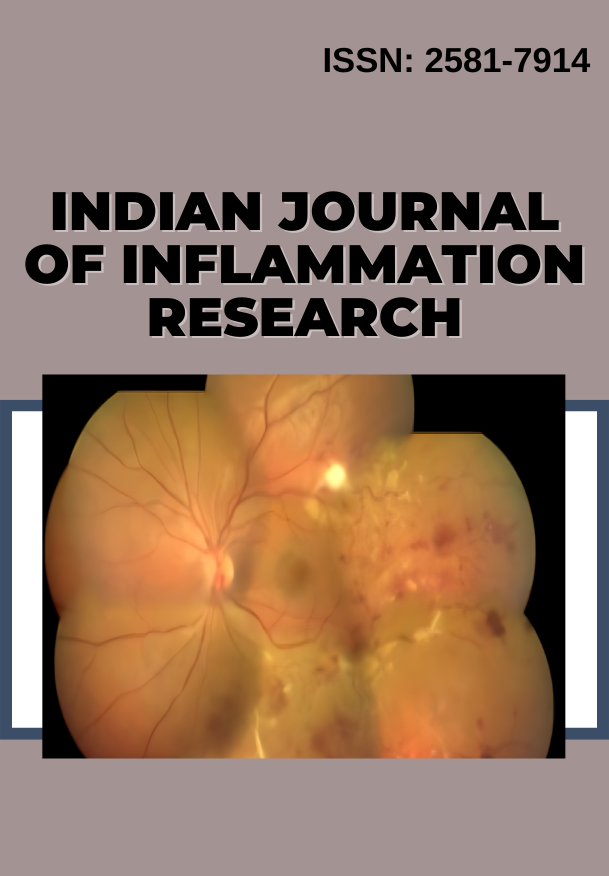Nuclear Receptor Co-repressor NCoR1 governs immune tolerance in conventional dendritic cells by fine-tuning glycolysis and fatty acid oxidation
Keywords:
Dendritic cells, DCs, Nuclear Receptor, NCoR1, glycolysis, acid oxidation, IL-10, IL-27Abstract
Dendritic cells (DCs) undergo rapid metabolic reprogramming events to induce signal-specific immune responses. The transcriptional control of energy metabolism in tolerogenic-DCs remains elusive. We have recently reported that NCoR1 ablation in DCs leads to immune tolerance by altering the balance of naive T helper cells towards T-regs. Here, comprehensive metabolic profiling of these tolerogenic DCs identified that they meet their anabolic requirements through enhanced glycolysis and OxPhos, supported by FAO-driven oxygen consumption. Mechanistically, AKT, mTOR, and HIF-1α-axis mediated glycolysis and CPT1a-driven β-oxidation were found to be enhanced in the NCoR1-depleted DCs.

